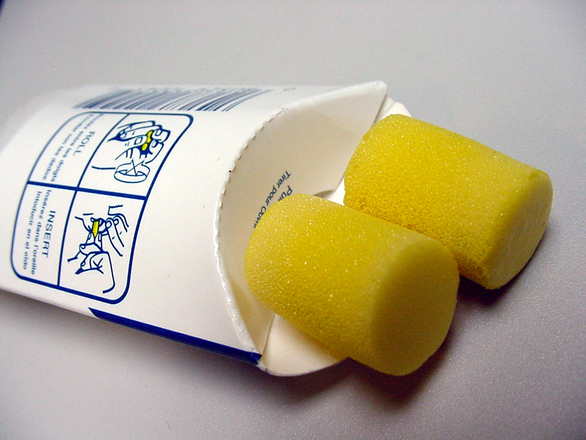

SOFTWARE patents are a dying breed of patents (or patent family) in the United States. They might still be enjoying somewhat of a legacy or inertia (until expiry), but there's not much of a future for them as long as Alice is upheld by SCOTUS (hopefully -- and there's absolutely no guarantee here -- Trump's Conservative Justices won't reverse/override this decision/precedent).
"Over the past week we saw the predators bemoaning the state of software patents in the US."FOSS-centric companies don't bother with such patents or simply give up on any prospect of lawsuits (defensive/retaliatory purposes only). This new article asks in its headline, "Is a Blockchain Patent Still Possible?"
Even if such a patent was granted, in the area/domain of financial software patents there's probably the worst success rate (in the courts). Some estimate the success rate to be 10% or lower. "But regardless of whether a viable bitcoin patent exists," says the article, "both Nakamoto’s 2008 article describing the bitcoin system and the bitcoin network in operation since 2009 qualify as "prior art" against any new attempt to patent a blockchain system."
In simple terms, prior art in the Internet and especially post-World Wide Web era (1990s onwards) makes it hard to defend software patents, even if they have been granted in error by the USPTO.
"Imagine the reaction if accountants openly advertised methods for dodging/evading tax. Imagine if they did so on their own Web sites..."Over the past week we saw the predators bemoaning the state of software patents in the US. Haynes and Boone LLP bemoaned the scarcity of "Patent-Eligible Software Claims" (post-Alice) and later noted that such patents can barely withstand courts' scrutiny. Just watch Haynes and Boone LLP moaning and sobbing because the US hardly tolerates software patents these days. They're partly in denial over it and they latch onto few exceptional cases to make it seem as though things might be improving (cherry-picking tactics that piggyback particular Court of Appeals for the Federal Circuit cases).
Other such dishonest firms are openly trying to work out new ways by which to patent software, even when software patents are semi-officially not acceptable. Who are these people kidding? Courts of the highest level repeatedly say "no" to software patents, but Watchtroll tries to tell people how to fool the courts and get software patents anyway. How very typical from him.
"Where are the real journalists and why are news feeds dominated by pure marketing, composed by those who try to attract business by misleading claims (bias by omission)?"Imagine the reaction if accountants openly advertised methods for dodging/evading tax. Imagine if they did so on their own Web sites...
Another law firm was pushing the software patents agenda a few days ago. Rather than be frank with clients and acknowledge that Alice made such patents not worth pursuing they just add question marks (twice in the headline alone) and then name-drop the aforementioned cherry-picked CAFC cases.
Here we have another example of a patent law firm spreading this spin about software patents, again by cherry-picking CAFC decisions to suit their agenda.
Where are the real journalists and why are news feeds dominated by pure marketing, composed by those who try to attract business by misleading claims (bias by omission)? What ever happened to investigative reporting and well-funded newspapers? It's all PR now.
Taking old decisions that somehow suit their narrative, patent law firms tried to tell us software patents were fine also (another example here). They suggested ways of 'tricking' CAFC. Here is another new example of that, courtesy of Husch Blackwell LLP.
"They only keep track of (or a record of) the "wins" and none of the defeats, in order to construct a false, misleading picture, then present that to clients under the guise of "advice" or even "news"."When will we see an equal (or greater) number of articles that were not actually written by those who try to sell something? Imagine what war journalism would look like if 90% of it was composed directly by companies that sell arms...
Based on what we have been able to gather, all the latest cases yielded nothing but bad news for software patents. "US Pat 9,083,997," said one attorney the other say, was "Killed by Twitter @ Dist. Ct w/Alice/101" and Versata's software patents came under scrutiny from Ford, as the following good news site put it:
Ford Motor Co. returned to the Patent Trial and Appeal Board on Friday to challenge three Versata software patents involved in a trade secrets and infringement case, just over a month after the board declined the auto maker’s request that the PTAB institute America Invents Act reviews.
In separate petitions, Ford argued various claims in the Versata Development Group Inc. patents are invalid because they are obvious. The patents cover automotive configuration manager software that Versata has accused Ford of stealing.